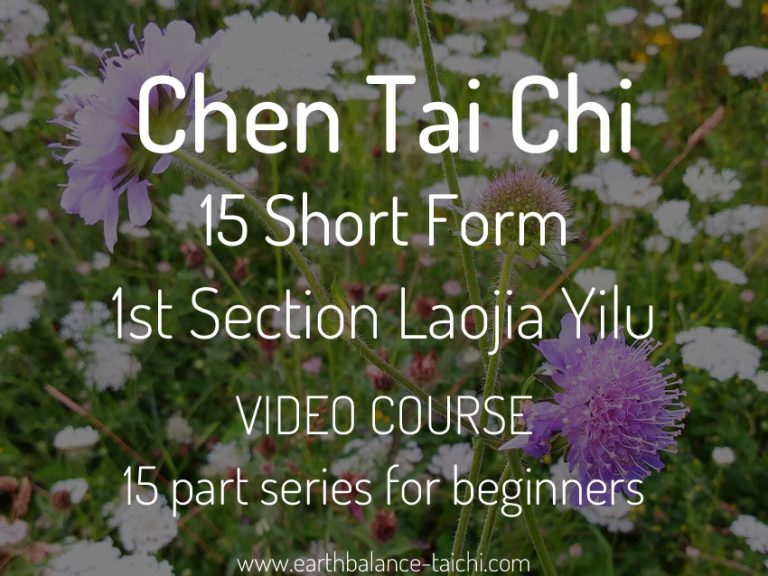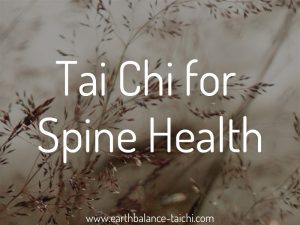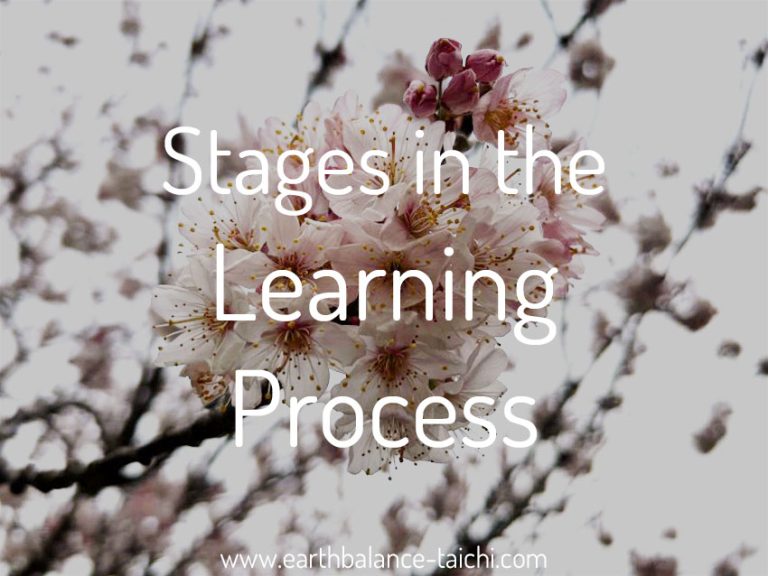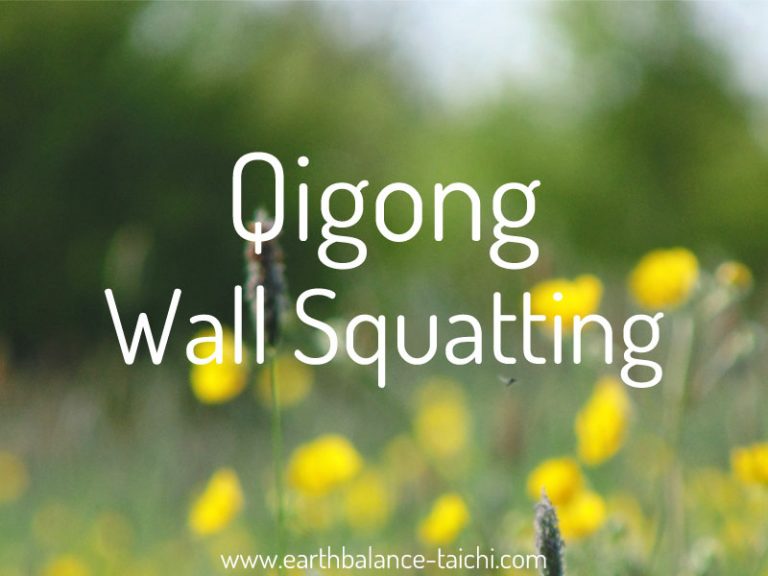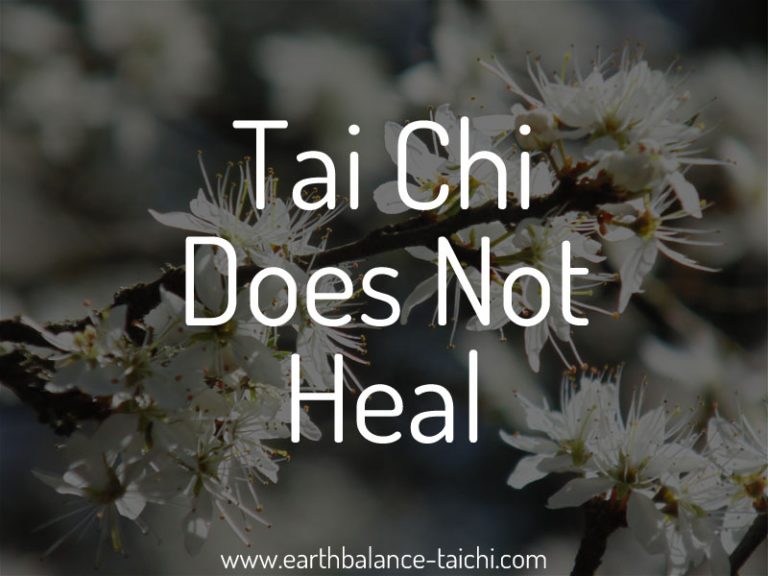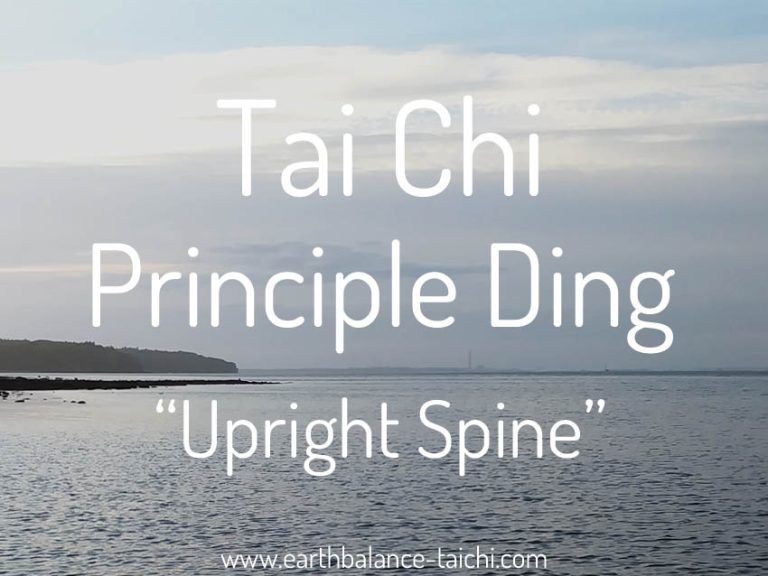Tai Chi for Ankylosing Spondylitis

Tai Chi for Ankylosing Spondylitis (AS)
An auto-immune disease causing inflammation of the spine, vertebrae, sacrum and can also affect other major joints. The connective tissues; tendons and ligaments harden (ankylosing) where they attach to the bone. At the later stages of progression, the spine can fuse together. This article will explore Tai Chi for Ankylosing Spondylitis, can this ancient practice be of benefit to the symptoms?
Ankylosing Spondylitis Symptoms & Effects
- Fatigue
- Joint Pain
- Spinal Pain
- Stiffness on Waking
- Depression
- Decrease in mobility
- Gradual stooping, change in spine posture
- Difficulty in remaining active
- Weight gain
Natural Recommendations for AS Management
- Regular physical therapy
- Regular low impact exercise; swimming, cycling, tai chi, qi gong, yoga, Pilates
- Daily spine stretches and movements
- Maintain a good posture when standing and sitting
- Deep breathing exercises
- Avoid lifting heavy weights and straining the spine
- Plenty of sleep
Tai Chi for Ankylosing Spondylitis - Can It Help?
- Low impact, slow motion and non weight-bearing (only bodyweight)
- Helps to improve posture and keep the body mobile
- Prevents and slows down stooping
- Helps relax muscular tension in the shoulders and lower back
- Gently maintains movement and flexibility
- Strengthen muscles around the spine
- Deep breathing aids relaxation, slows the heart rate and kick-starts the parasympathetic nervous system
- Helps reduce stress, level emotions, lower anxiety and helps manage depression
- Gives energy levels a boost
- Aids circulation, brings higher oxygen levels to the organs and limbs
- Combines stretching, coiling, expansion and compression of joints
- Increase in flexibility helps pain reduction
- Accessible to everyone, no matter of physical condition
- Most of all Tai Chi is great fun, a place to meet like-minded people who care about their mind/body health and is a great social outlet.
Tai Chi for Ankylosing Spondylitis - Medical Research
Very few medical research studies have been conducted on the effects of Tai Chi on AS. One notable study in 2007 was carried out at the Korea Institute of Oriental Medicine in Daejeon in South Korea. A control group practiced 2 hours of Tai Chi per week over an 8 week period to assess the benefits of regular Tai Chi practice and management of AS symptoms. Here are a few excerpts from the paper:
“Several previous studies have determined that tai chi is beneficial for balance control, flexibility, aerobic capacity, headache (12), improving immunity (13) and psychologic variables such as depressive symptoms (14), mood and anxiety (15). It also improves muscular strength and reduces the risk of falls in the elderly (16–18). Tai chi also has been determined to improve symptoms related to rheumatoid arthritis (RA) and osteoarthritis (19,20). Based on these findings, it is reasonable to assume that tai chi can help patients with AS.”
“By the 8-week study’s endpoint, the disease activity had improved significantly compared to the control group.” Disease activity “fatigue, spinal pain, joint pain, tenderness and morning stiffness.”
“These findings suggest that tai chi can improve disease activity and flexibility for patients with AS. Tai chi is an easily accessible therapy for patients and, as such, may be an effective intervention for AS.”
Eun-Nam Lee, Young-Hee Kim, Won Tae Chung, and Myeong Soo Lee, “Tai Chi for Disease Activity and Flexibility in Patients with Ankylosing Spondylitis—A Controlled Clinical Trial,” Evidence-Based Complementary and Alternative Medicine, vol. 5, no. 4, pp. 457-462, 2008. doi:10.1093/ecam/nem048
Read the research paper her: http://www.ncbi.nlm.nih.gov/pmc/articles/PMC2586320/?tool=pmcentrez&report=abstract
** Please speak with your doctor prior to starting a new exercise programme. This article is for information purposes only and must not be taken as medical advice. **
